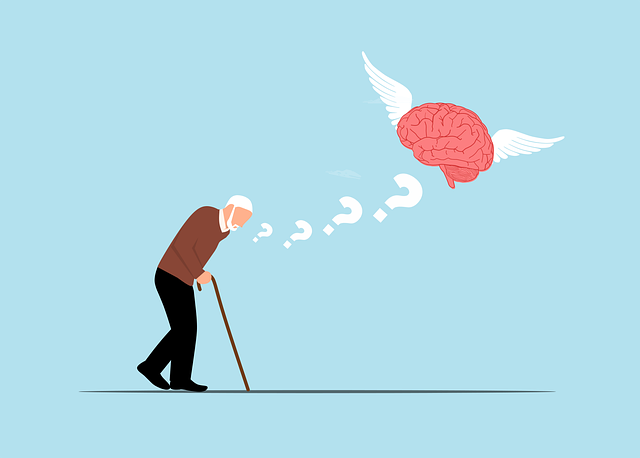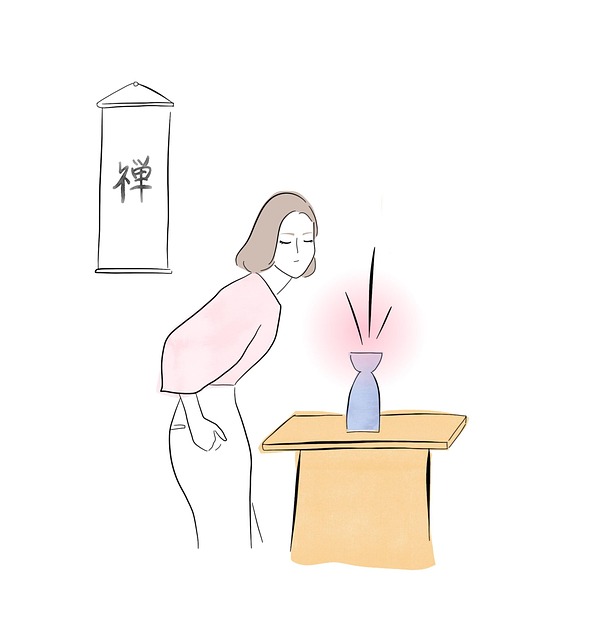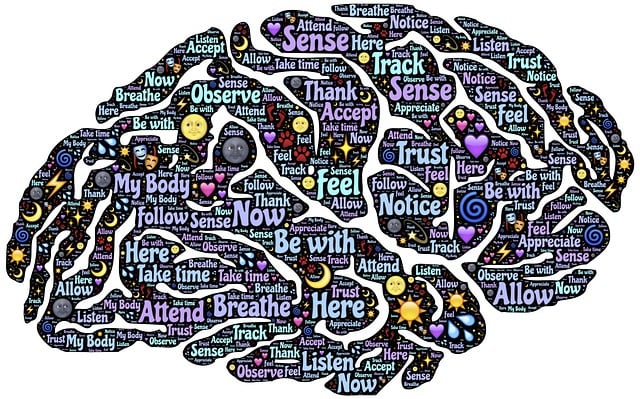Mindfulness meditation is a powerful alternative to traditional talk therapy for young adults facing relationship challenges, offering skills to manage intense emotions, enhance communication, and navigate crises. With just 10 minutes daily, accessible breathing exercises can lead to stress reduction, burnout prevention, emotional regulation, and improved mental health outcomes for those seeking therapy for young adults' relationship issues or coping with life's demands.
“Unwind your mind, heal your relationships—discover the transformative power of mindfulness meditation. This ancient practice is a game-changer for navigating relationship issues and offers profound benefits for young adults seeking therapy. From reducing stress to enhancing emotional well-being, mindfulness can be your tool for personal growth. Dive into this guide to explore effective strategies, practical tips, and simple techniques to start and maintain a consistent meditation practice tailored for those facing Relationship Issues in their young adulthood.”
- Understanding Mindfulness Meditation for Relationship Issues
- Benefits of Mindfulness for Young Adults
- Practical Tips to Start and Maintain a Meditation Practice
Understanding Mindfulness Meditation for Relationship Issues

Mindfulness meditation has emerged as a powerful tool for young adults navigating relationship issues. Unlike traditional talk therapy, which often delves into past experiences and emotions, mindfulness focuses on the present moment, teaching individuals to observe their thoughts and feelings without judgment. This practice is particularly beneficial for those dealing with conflicts, as it enhances emotional regulation skills, enabling better management of intense emotions that can escalate tensions.
For relationship-related challenges, mindfulness meditation encourages active listening and empathy. By cultivating awareness of both one’s own mental state and that of their partner, individuals can develop healthier communication patterns. This, in turn, facilitates conflict resolution techniques, helping to transform arguments into opportunities for growth and understanding. For mental health professionals, integrating risk management planning alongside mindfulness exercises in therapy sessions can further support young adults in managing relationship issues effectively.
Benefits of Mindfulness for Young Adults

Mindfulness meditation offers a powerful tool for young adults navigating life’s challenges. By cultivating present-moment awareness, individuals can develop essential coping skills to manage stress and anxiety effectively. This practice has been shown to improve emotional regulation, enhancing their ability to handle relationship issues and personal crises. Regular mindfulness sessions empower young adults to respond, rather than react, to demanding situations, fostering resilience and promoting overall well-being.
For those dealing with therapy for young adults’ relationship problems or seeking burnout prevention strategies, mindfulness can be a game-changer. It provides a means to disengage from negative thought patterns and self-sabotaging behaviors, encouraging healthier communication and conflict resolution. Moreover, integrating mindfulness into daily routines aids in crisis intervention guidance, helping individuals make more thoughtful decisions during stressful events, ultimately leading to improved mental health outcomes.
Practical Tips to Start and Maintain a Meditation Practice

Starting a mindfulness meditation practice can be as simple as setting aside 10 minutes each day. Begin with basic breathing exercises to center yourself and observe your thoughts without judgment. Consistency is key; aim for regular, short sessions at first, gradually increasing their duration as you become more comfortable. Incorporate it into your morning routine or before bed to create a sense of calm throughout the day.
For those dealing with relationship issues or seeking therapy for young adults, mindfulness can serve as an effective coping skill development tool. It helps in managing stress reduction methods and burnout prevention strategies, especially for healthcare providers. By fostering a moment of silence and self-awareness, meditation provides a healthy outlet for processing emotions and promoting mental clarity.
Mindfulness meditation offers powerful tools for young adults dealing with relationship issues, providing a therapeutic approach to enhance emotional well-being. By integrating practical tips and consistent practice, individuals can navigate challenges more effectively, fostering healthier connections. The benefits extend beyond relationships, promoting overall mental health and resilience. Embracing mindfulness as a daily habit empowers folks to find calm, improve focus, and cultivate a deeper sense of self, ultimately transforming their lives in positive ways.








